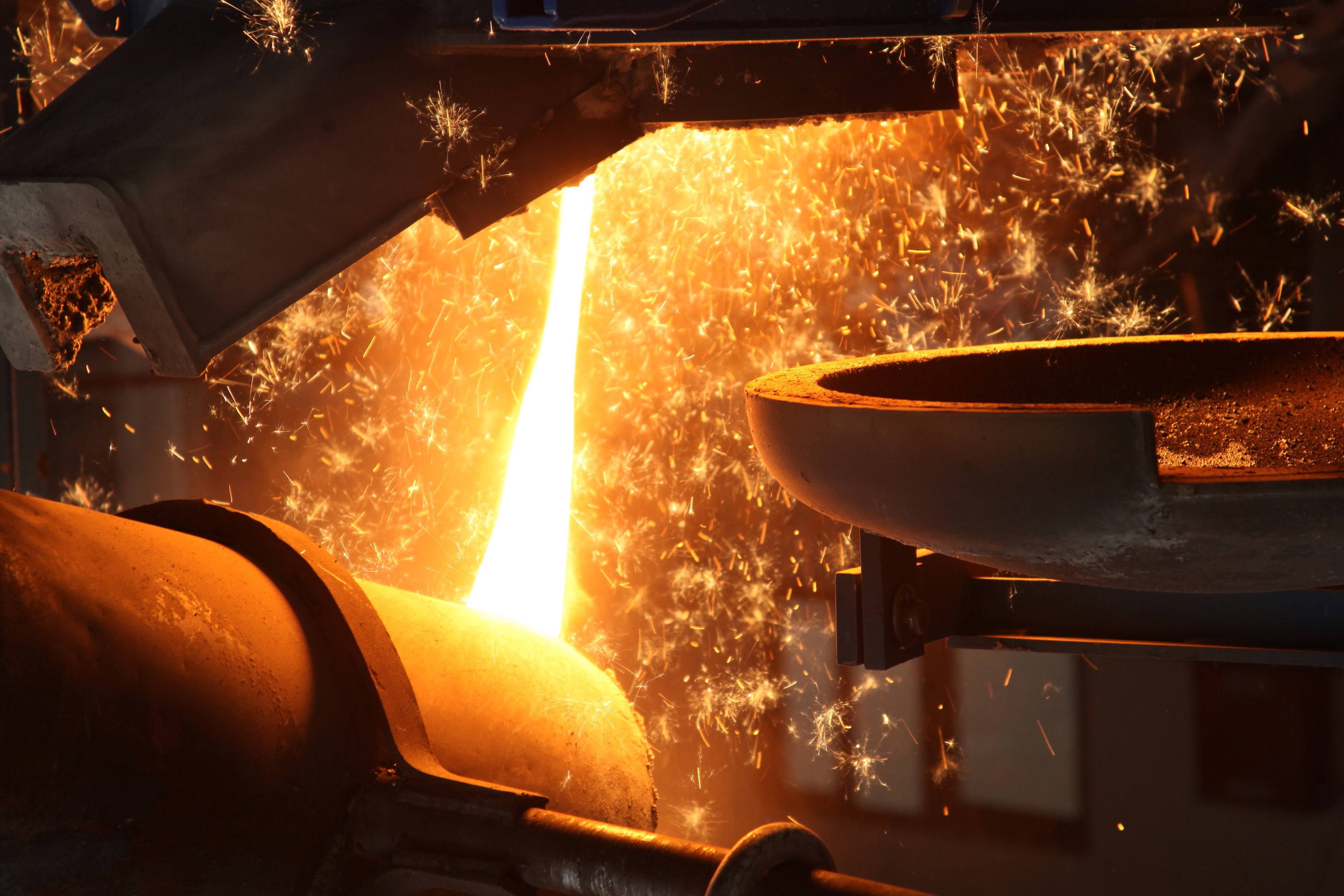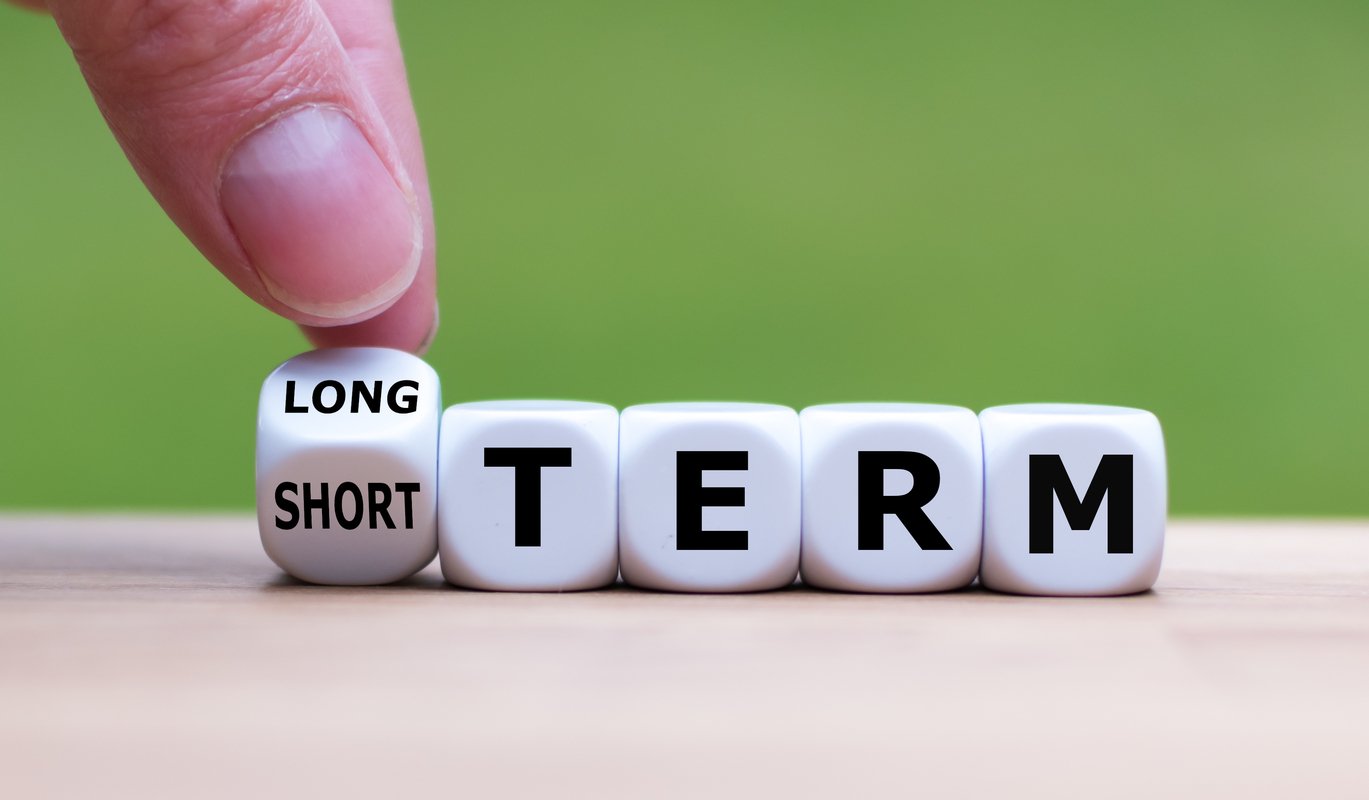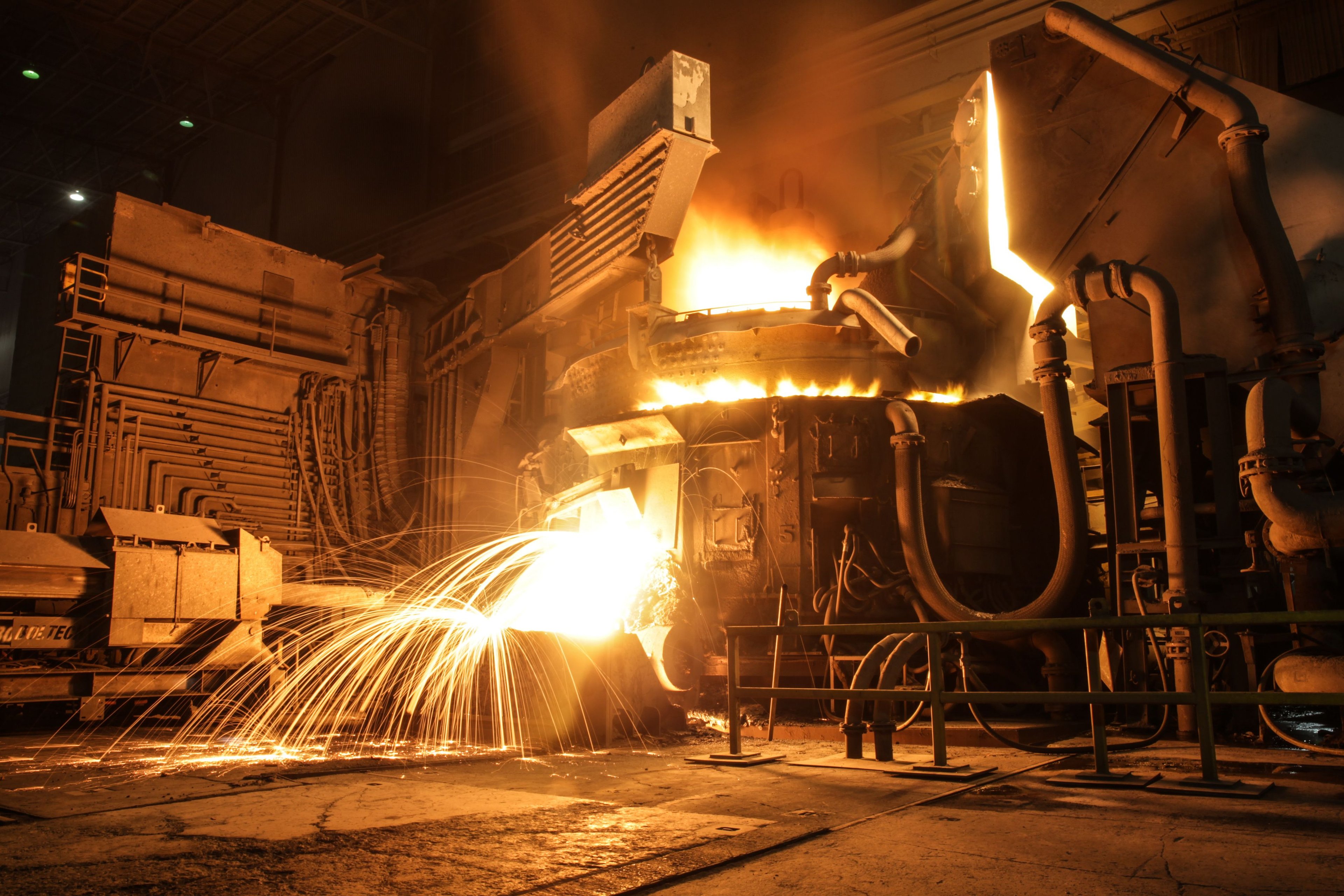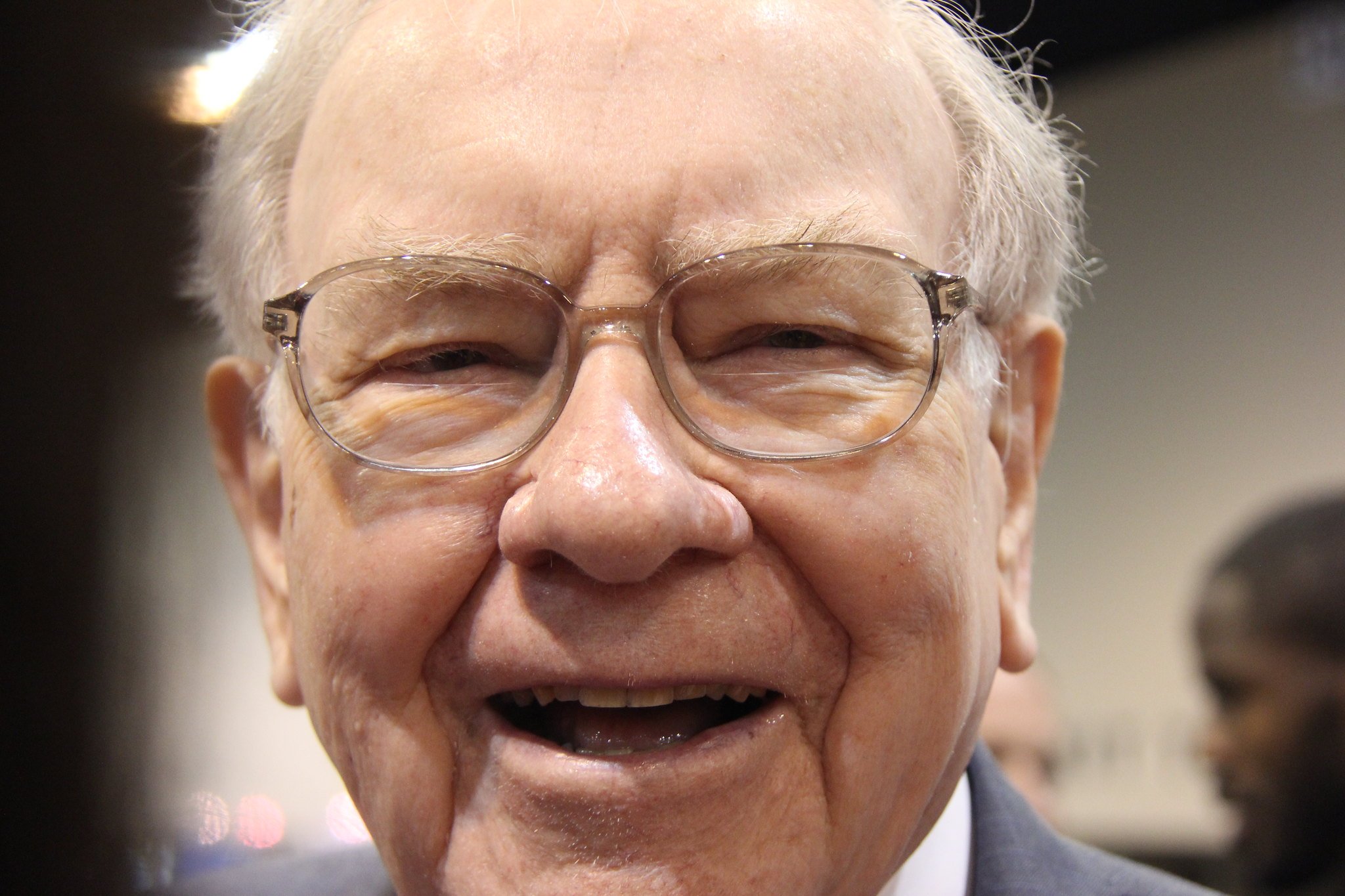Nucor (NUE +0.73%), a leading U.S. steelmaker and steel products supplier, reported second quarter earnings of $0.36 per share on July 23. The results are impressive because the company originally said it was "likely" to report a loss for the quarter and more recently revised that guidance to an estimated profit of $0.10 to $0.15 per share, just one month ago.
A look at the details shows strength in some important end markets, as well as conservative cash management that is allowing the company to successfully navigate the current volatile economic landscape. Investors might wonder what this could mean for the stock.

Image source: Getty Images.
End market demand
Steelmaking is a capital intensive business relying on high volume production to overcome fixed costs. Though it's one of the lowest-cost producers in the business, Nucor couldn't operate profitably if customer demand decreased significantly. In the second quarter, the steelmaker operated through the pandemic as an essential business, but some end markets, including the important automotive sector, suspended operations.
In its earnings release, the company mirrored what competitor Steel Dynamics (STLD +0.53%) reported. Demand from construction, specifically non-residential, has remained strong. This helped offset what the company noted as "weak oil and gas market activity and customer production disruptions." The table below shows the end market breakdown from Nucor's 2019 sales. Resiliency in the construction sector is clearly important for the company, and helped boost second quarter earnings.
| Sector | % of Nucor 2019 Revenue |
|---|---|
| Construction | 49% |
| Automotive | 15% |
| Energy | 11% |
| Machinery and Industrial Equipment | 11% |
| Consumer Durables | 3% |
| Transport and Logistics | 6% |
| Other | 5% |
Data from Nucor Corp.
Strong balance sheet
Investors should also pay attention to balance sheet strength, especially in a cyclical industry with continued uncertainty from the coronavirus pandemic. Nucor stands out as the best in the industry in this regard.
NUE Cash from Operations (Annual) data by YCharts
The company ended the second quarter with over $3 billion in cash, cash equivalents, and short-term investments. It took advantage of its strong credit rating and the current interest rate environment to issue two $500 million notes at rates of 2% and 2.7%, respectively, during the quarter.
What will boost the stock?
Longtime investors in the stock, though, have not fared well compared to the S&P 500 index. A 10-year chart shows significant underperformance.
Nucor's large presence in the construction sector makes it a prime candidate to benefit from infrastructure spending. A federal package to address needed infrastructure projects would likely help the fundamental business enough to be reflected in the share price.
Nucor also generates enough cash flow to invest back in the business while still returning some to shareholders through its dividend, which it has increased for 47 consecutive years. Though this qualifies it as a Dividend Aristocrat, many of the increases have just been nominal. The current dividend is only about 11.5% higher than it was 10 years ago, so dividend growth investors won't likely be attracted to the company until annual increases become more significant.
A tough business
Nucor is a very well-run company in a difficult industry. Much of its strong cash flow needs to be reinvested in the business to continue to grow earnings. Competition from imports and legacy, higher-cost domestic steelmakers make for a challenging product pricing environment.
This, in turn, forces even the lowest-cost producers like Nucor to remain conservative with capital allocation. Nucor is a fine investment for those looking for a reliable dividend. But sustained share price growth will likely only come with a boost in the demand picture from infrastructure spending, or a lower supply base as higher-cost, inefficient competitors exit the industry, allowing the company to return more capital to shareholders.









